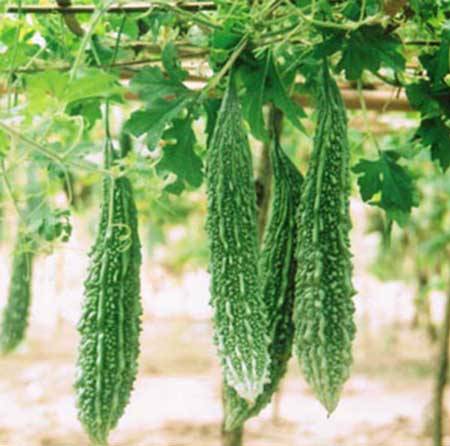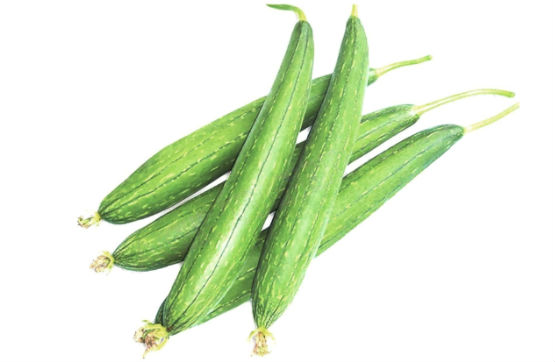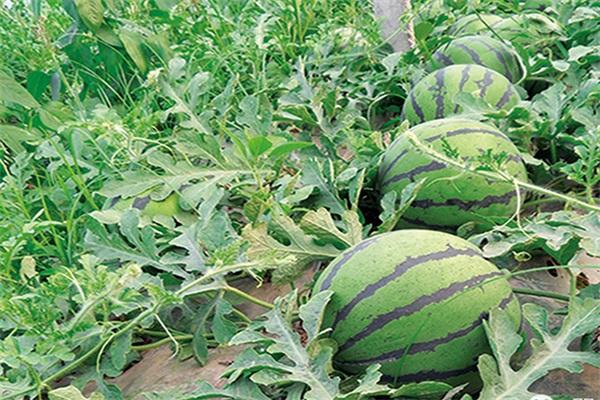The water quality used for irrigation is essential for the yield and quantity of crops, maintenance of soil productivity, and protection of the environment. For example, the physical and mechanical properties of the soil, ex. soil structure (stability of aggregates) and permeability are very sensitive to the type of exchangeable ions present in irrigation waters.
Irrigation water quality can best be determined by chemical laboratory analysis. The most important factors to determine the suitability of water use in agriculture are the following:
- PH
- Salinity Hazard
- Sodium Hazard (Sodium Adsorption Ration or SAR)
- Carbonate and bicarbonates in relation with the Ca & Mg Content
- Other trace elements
- Toxic anions
- Nutrients
- Free chlorine
Like and share with other farmers by clicking on button below.
Share



